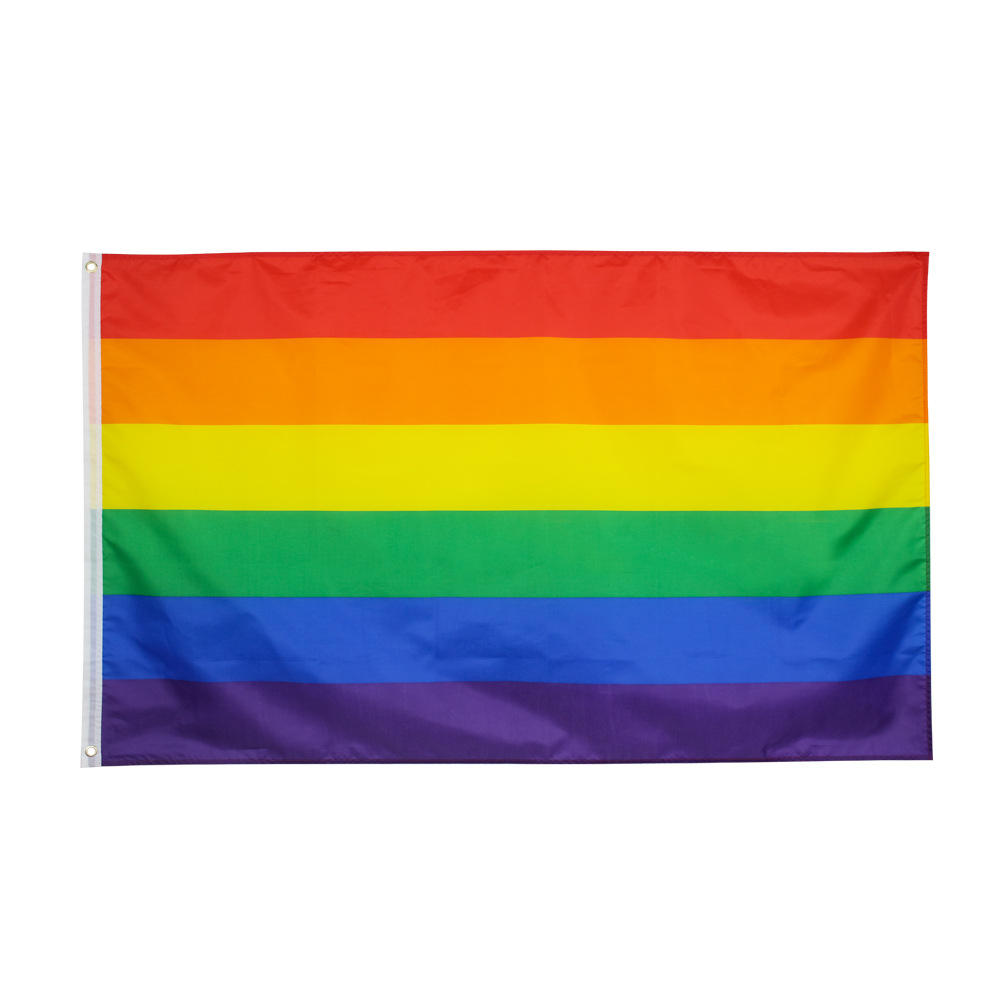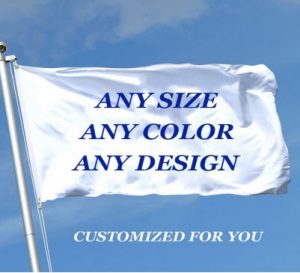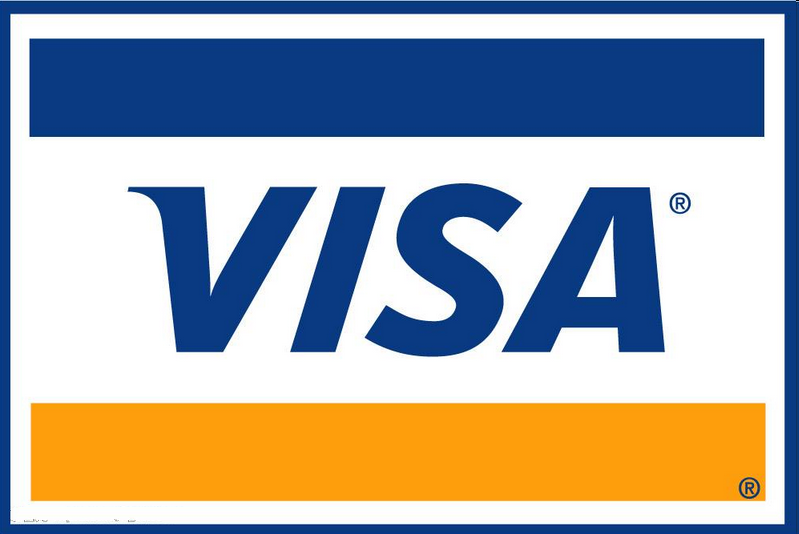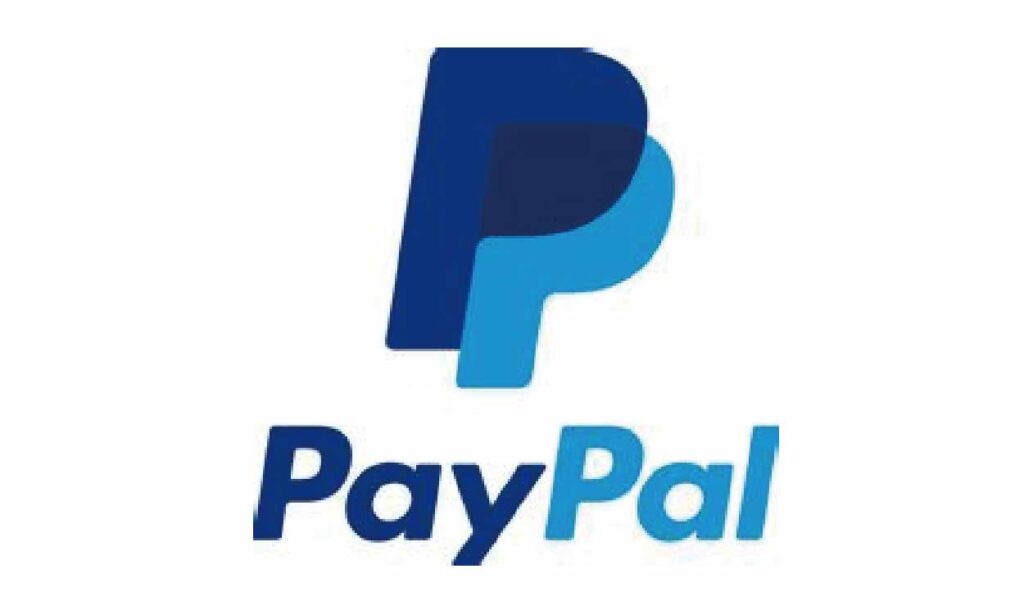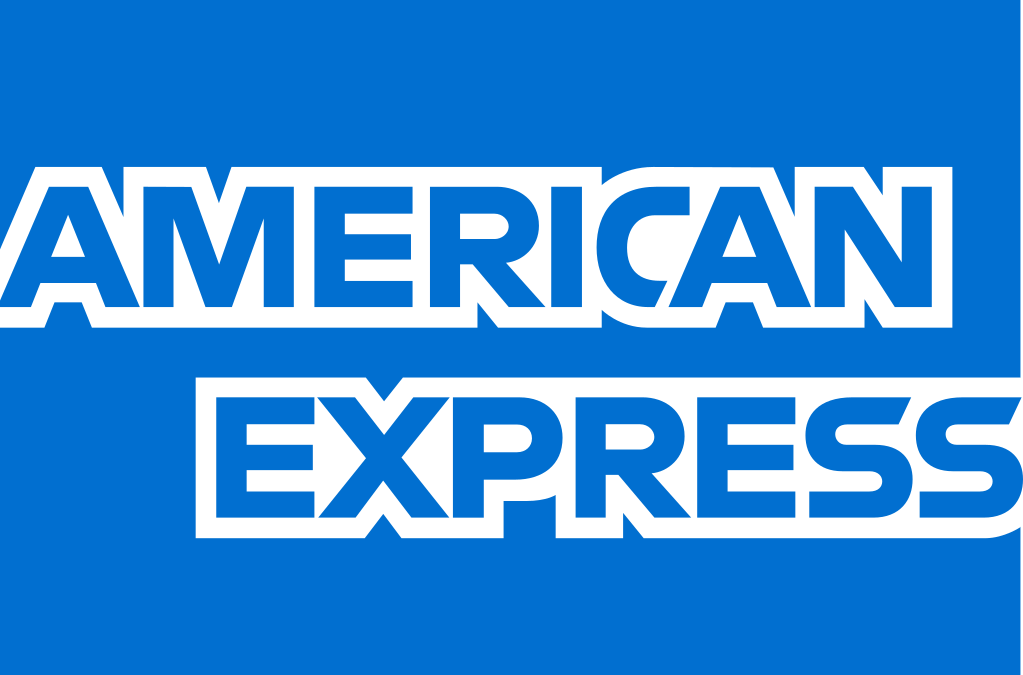Yes, most custom flag manufacturers allow you to upload your own artwork when designing a custom flag. This feature is ideal for individuals, businesses, and organizations looking to create a flag that reflects their unique branding, personal style, or specific design requirements. Whether you’re adding a logo, a family crest, a special graphic, or even a personalized message, the ability to upload your own artwork allows you to achieve a truly customized look that stands out. Many companies have user-friendly design tools that guide you through the upload process and provide guidance on artwork specifications to ensure the best printing results.
1. Steps to Upload Your Artwork for a Custom Flag
Selecting a Custom Flag Provider
The first step in creating a custom flag with your own artwork is to choose a reliable flag provider. Look for companies with a good reputation, high-quality printing options, and responsive customer service. Many online providers offer design tools that make the customization process simple and intuitive.
Preparing Your Artwork
Before uploading, it’s important to prepare your artwork to ensure it meets the specifications required by the manufacturer. This often involves:
- File Format: Most companies accept high-resolution file formats like PNG, JPEG, PDF, or vector files such as AI or EPS. Vector files are often preferred because they scale without losing quality.
- Resolution: A high-resolution image (typically at least 300 DPI) will ensure that your artwork prints clearly. Low-resolution images can result in blurry or pixelated prints.
- Color Mode: Ensure your file is in CMYK color mode, which is used for printing. RGB is generally used for digital screens and may not produce accurate colors in print.
- Size and Dimensions: Adjust your artwork to fit the dimensions of the flag you are ordering. Most providers will give you exact dimensions and a template to ensure the design fits well.
Uploading Your Artwork
Once your artwork is ready, visit the custom flag provider’s website and use their upload tool. Typically, you can select the flag size and shape before uploading your artwork. Many providers allow you to preview how your design will look on the flag and adjust the placement, size, or orientation if necessary.
Reviewing and Approving Proofs
Most providers will send you a digital proof of your flag design after you upload your artwork. This proof is your opportunity to ensure everything looks correct before the flag goes into production. Carefully review the proof, checking for any issues with alignment, color, or resolution. If anything looks off, you can request changes before approving the final design.
Placing the Order
Once you’re satisfied with the proof, you can finalize your order. Some companies offer various printing and material options, such as different types of fabric or finishes, so choose the ones that best suit your needs.
2. Considerations for Designing Artwork for Custom Flags
Choosing the Right Colors
Colors are essential to a flag’s visual appeal, especially when seen from a distance. When designing your artwork, opt for high-contrast colors that are easily distinguishable. For example, pairing dark and light colors will make the design stand out better than using similar tones.
Simplifying the Design
Flags are often viewed from a distance, so intricate designs may not be as effective as simple, bold images. Avoid including too much small text or detailed patterns. A clean and clear design will be more impactful and readable, especially when displayed outdoors.
Adding Borders and Margins
Most flag printers recommend adding a border or safe zone around the edges of your design to ensure no important elements are cut off. Avoid placing critical parts of your artwork too close to the edges. This can help prevent issues during the printing and sewing process.
Incorporating Logos or Branding
If your flag is for a business or organization, consider how your logo or brand elements will appear on the flag. Make sure the logo is sized appropriately and is easily readable. You might also consider using brand colors to maintain consistency.
Choosing Font and Text Placement
If you’re including text on your flag, select a font that is bold and easy to read. Text that’s too thin or ornate can be hard to make out from a distance. Additionally, keep the text placement centered and avoid placing it too close to the edges.
3. Printing Techniques for Custom Flags
Digital Printing
Digital printing is a common method used for custom flags. It allows for full-color, high-resolution designs and is ideal for detailed or colorful artwork. This printing technique is fast, efficient, and can accommodate any design, no matter how complex.
Screen Printing
Screen printing is another popular option, especially for simpler designs with limited colors. It produces a vibrant and durable print but may not be ideal for complex designs. Screen printing is usually more cost-effective for larger bulk orders.
Dye Sublimation
Dye sublimation is a high-quality printing method that infuses dye directly into the fabric, resulting in vibrant colors that won’t fade quickly. This technique is durable and perfect for flags that will be exposed to the elements, as it is more resistant to wear and tear.
4. Material Options for Custom Flags
Polyester
Polyester is a popular material for custom flags due to its durability and affordability. It’s weather-resistant and holds color well, making it suitable for both indoor and outdoor use. There are different grades of polyester, from lightweight to heavy-duty options.
Nylon
Nylon is another commonly used material for custom flags, especially for outdoor flags. It’s lightweight, which allows the flag to fly easily in low wind, and is resistant to fading. Nylon is also water-resistant, making it a good option for various weather conditions.
Satin or Cotton
For decorative or indoor flags, materials like satin or cotton can add a touch of elegance. These materials are not as durable outdoors but are ideal for flags displayed indoors or during special events where a luxurious look is desired.
FAQs
1. What type of file is best for uploading artwork for a custom flag?
The best file types for uploading artwork for custom flags are high-resolution formats like PNG, JPEG, PDF, or vector files like AI and EPS. Vector files are ideal as they retain quality at any size, but high-resolution image files (300 DPI or higher) can also work well.
2. How long does it take to make a custom flag once I upload my artwork?
The production time for a custom flag varies by provider, but it typically takes 1-2 weeks. Some companies offer expedited services for an additional fee, which can reduce the lead time if you need the flag urgently.
3. Can I use any image as artwork for my custom flag?
You can use most images for a custom flag, but ensure you have the rights to the artwork if it’s not original. It’s best to avoid copyrighted material unless you have permission. Some providers may require you to confirm that you have the legal rights to use the image.
4. Will the colors in my design look the same on the printed flag?
While printers try to match colors as closely as possible, slight variations may occur due to differences in screen displays and printing techniques. If color accuracy is critical, request a printed proof or use Pantone color codes if the printer supports it.
In conclusion, uploading your artwork for a custom flag is a straightforward process that allows you to create a unique and personalized design. By preparing your artwork according to the flag provider’s specifications, choosing the right materials, and considering the printing method, you can achieve a high-quality, custom flag that meets your needs and looks fantastic.

